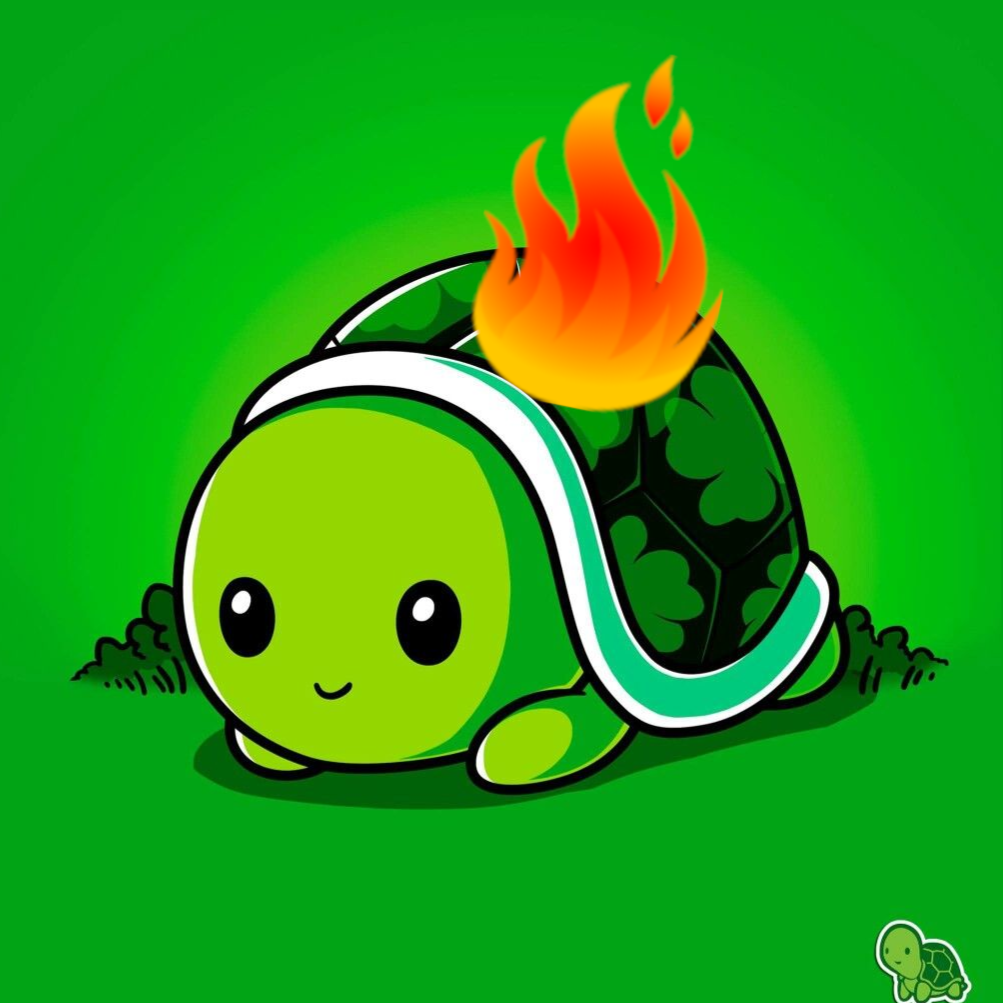I was reading a recent article about the efforts by people not to ban books. While I think the sentiment is good-natured, as a helper at my local library, this is actually very problematic. People donate to us all the time, as is how libraries work. Sometimes the books are unpopular, unproductive, harmful, or just low tier.
I would never apply this logic to human beings, all humans have value if the system knows how to channel them correctly, but books are inanimate objects where their expected purpose is to be read (if you were to say a book is useful on the basis it could be used for something like ripping the pages out for wiping a floor for example, that would make its usefulness as a book cease). Often we are over capacity from the donations, so once a year we have a book sale at the church (libraries and churches getting along? Crazy, right?), but even then, a lot just isn’t sold, and we’re forced to either give them to another holding place or, in the worst case scenario, cremate or trash them. I am all for free speech, but freedom to produce speech is different from freedom to preserve speech, and I’m sure even the ancient Romans produced a lot of scribbly nonsense.
Suppose you were in my shoes and the library could preserve anything forever but not everything forever. What criteria would you use in order to decide what media (books, movies, games, etc.) gets to stay and what has to go?
I don’t have a direct answer to your question, but it reminded me of a Tom Scott video where a library tries to keep a copy of everything you can think of (even stuff like leaflets) because it’s not possible to know now what will be relevant/interesting in the future, so it’s better to err on the side of keeping more stuff than necessary than to lose things that might be useful in the future. I suck at summarizing, so here’s the link to this video:
Random selection ofc!
deleted by creator
Train LLMs on large bulks of data that meet criteria for deletion, thereby shrinking like 100 petabytes to a terabyte, albeit imperfectly. That way, you have a collection of AI bots that you can chat with about all the deleted data. And I suppose the threshold for deletion is, “How disastrous could a hallucination about this be?”
-
Drop accounting and commercial transaction documents. Invoices, receipts, shipping declarations, etc… Sure it could be interesting to future archeologists but it makes the huge majority of all documents generated by humanity. We still have millions of untranslated accounting docs from ancient Mesopotàmia. It not really that useful.
-
Content published in less than 1000 copies, or read/watched less than 1000 times if online. Fanfiction, self published books and so on. Again it’s a loss for a couple of niche future historians. You drop a significant % of storage, but even minor works representing our society remain.
-
I would sort according to it’s relevance/value to it’s genre as well as the redundancy of the information contained.
This is not a good method, but…
I think I’d specify an a number… let’s say, 2/3 of the books get to survive, the others will be thrown away. Then I’ll start seperating them into three groups; the ones I become immediately sure are great books, the ones I’m sure are trash, and ones I’m unsure about. Then I’ll go random: if I chose too many books as good ones, I’ll randomly take some of them out, unless I’m sure they are all great books that should stay in the library. Or start randomly adding books from the unsure pile to the ones that get to stay.
Well. Not a great method.
Look for the political association of the author. Right wing? Into the trash it goes.



